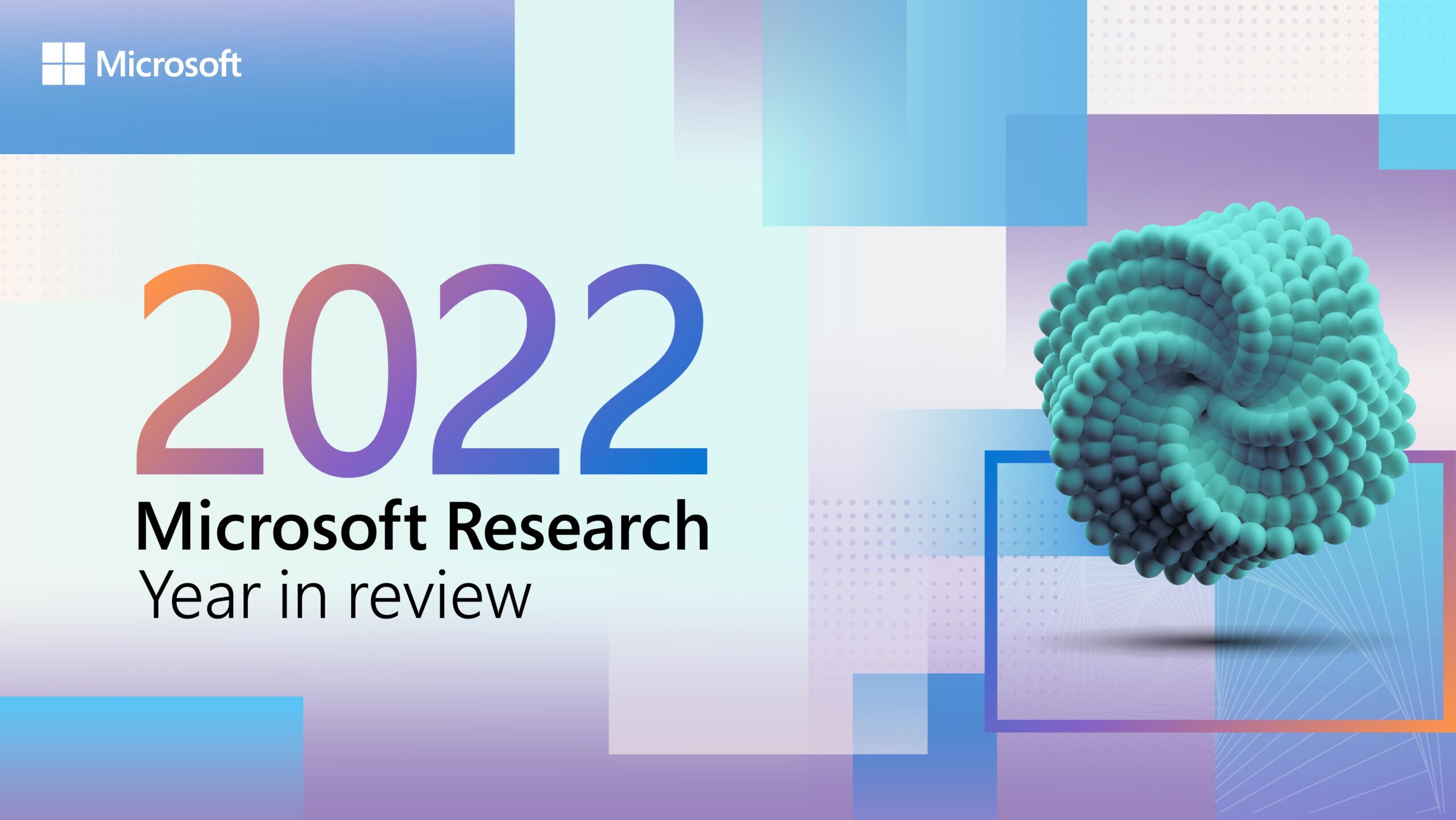
By Christopher Bishop, Program Co-Chair of Faculty Summit, Technical Fellow & Laboratory Director, Microsoft Research Cambridge
The development of machine intelligence that amplifies human capabilities and experiences is at the heart of our AI research at Microsoft, which is why I’m delighted by the tremendous lineup of keynotes and panels focused on human-machine collaboration at the 2017 Microsoft Research Faculty Summit – The Edge of AI, July 17-18.
Spotlight: Blog post
Eureka: Evaluating and understanding progress in AI
How can we rigorously evaluate and understand state-of-the-art progress in AI? Eureka is an open-source framework for standardizing evaluations of large foundation models, beyond single-score reporting and rankings. Learn more about the extended findings.
The shift toward building machines that are smart enough to collaborate with people as capable partners and assistants is a recent development in the history of AI, one that’s being pushed by the proliferation of computing devices in every imaginable facet of life. With computers everywhere, it’s important that they’re clever enough to work with us in groups as well as individually, Barbara J. Grosz from Harvard University will explain in her talk on July 17 at 9:10am.
Other human-machine collaboration talks and sessions will highlight how researchers are pushing the boundaries of AI to augment the capabilities of people with sensory disabilities, enabling new and empowering experiences. The AI for Earth initiative illustrates how the embrace of AI can enhance human efforts to mitigate and adapt to environmental and social challenges such as climate change, biodiversity loss, and food and water scarcity.
To help set the framework for the future of human-computer collaboration, a very thoughtful panel of distinguished AI experts will discuss the development and deployment of future AI systems that partner with people on complex and open-ended tasks. Microsoft’s Ece Kamar will chair the panel, which includes Microsoft’s Eric Horvitz along with Subbarao Kambhampati of Arizona State University and Milind Tambe of the University of Southern California. The panel starts at 2:00pm on July 18.
For those of you unable to attend the 2017 Microsoft Research Faculty Summit in person, I encourage you to watch the livestream of keynotes, speakers and Research in Focus interview segments. I’m particularly excited about a July 18 livestreamed talk by Amy Greenwald of Brown University on efforts to build AI agents that make effective decisions in multiagent – part human, part artificial – environments. Her research is currently being applied to renewable energy markets and wireless spectrum auctions.
Visit www.microsoftfacultysummit.com for more information and the full virtual event agenda.
I look forward to seeing you at the event in-person or virtually as we all get together to discuss the collaboration of humans and machines at the Edge of AI.
Related:
Watch the livestream of the 2017 Microsoft Research Faculty Summit—The Edge of AI





